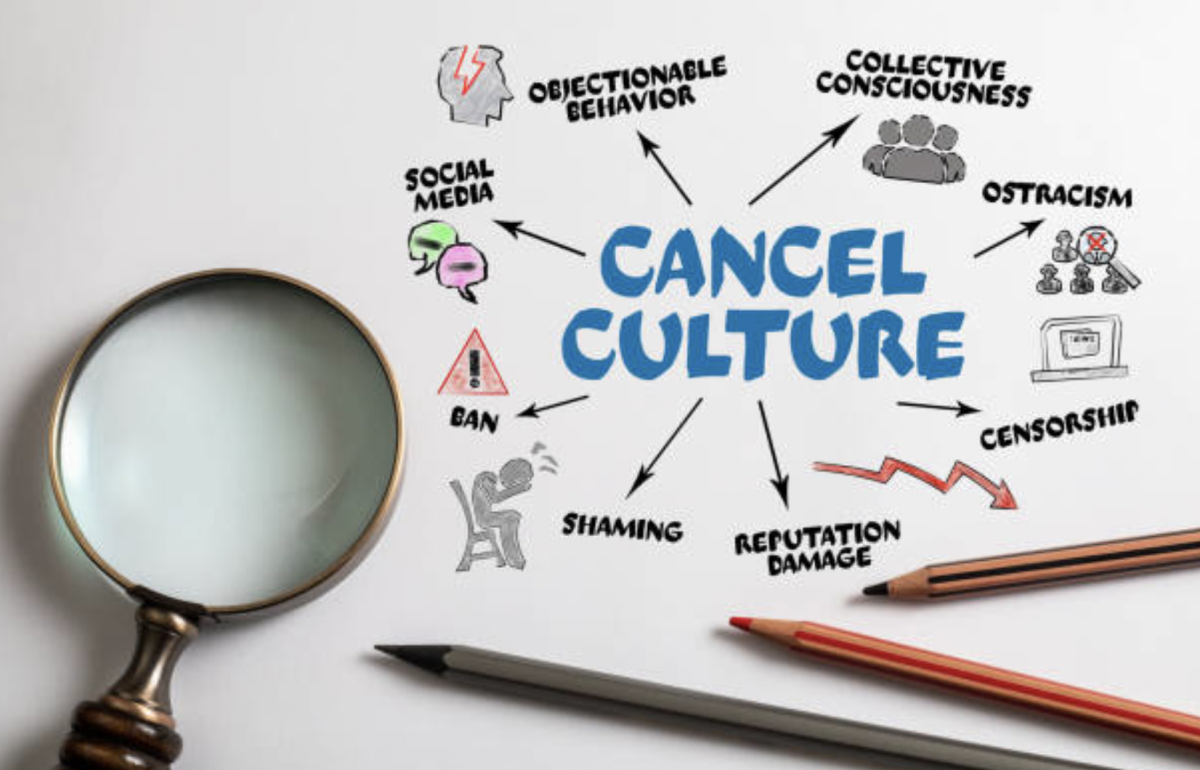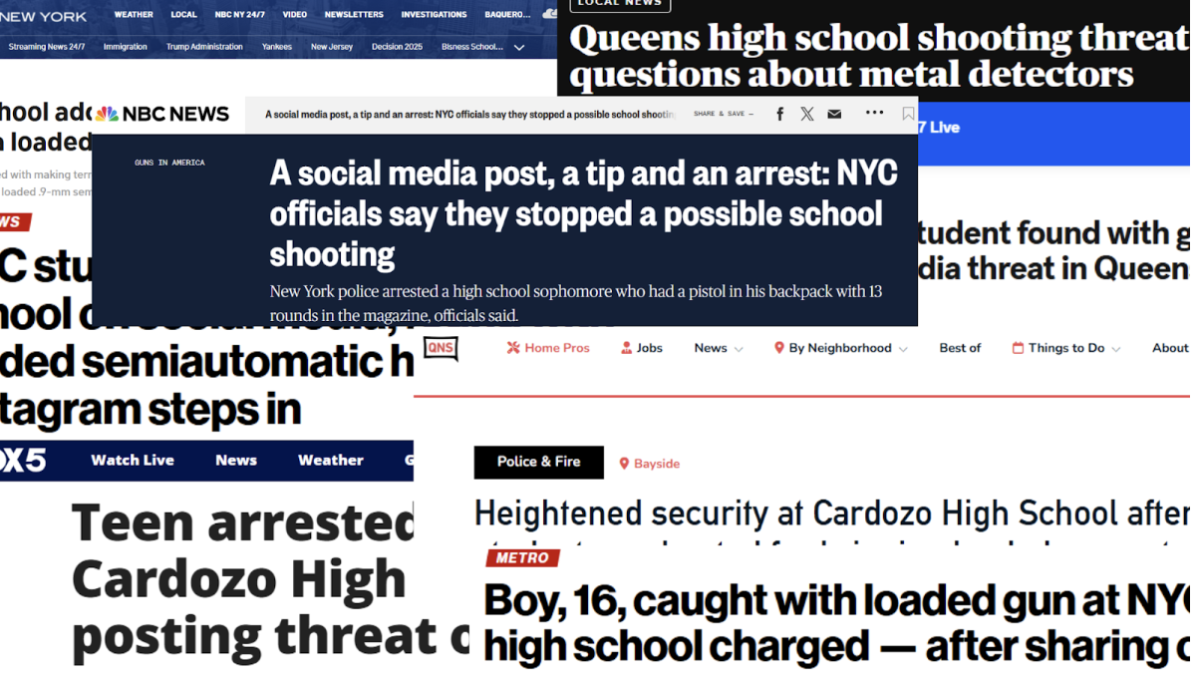The constant rise in the popularity of social media starting from the late 2010s gave many people a platform to share their creative thoughts and diverse opinions, however as people got more and more accustomed to sharing their beliefs publicly online, many grew too comfortable and began to overshare, leading to many controversial and problematic ideas to be put out. This then gave birth to a popular movement that has been very prevalent today called “cancel culture.”
What is Cancel Culture
Cancel culture refers to the mass withdrawal of support of a popular figure, brand or celebrity when they say or do something that is deemed socially unacceptable. This is a form of mass shaming that most commonly occurs on social media platforms such as Instagram or TikTok. Examples of cancel culture would be in 2023, where popular designer brand Balenciaga was shammed for their use of child models in an advertisement for teddy bear bags with suggestive pieces of clothing on them, this lead to the boycotting of the brand and many people began to go as far as cutting up and destroying their Balenciaga items to show their support in canceling the brand.
The opinions on cancel culture are very split as some people view it as an effective way to hold someone accountable, others view it as an ineffective punishment and a form of censorship, or some even deny the existence of cancel culture.
Is Cancel Culture Beneficial
While cancel culture in concept seems like a good way to have people own up to the things they say and do, the way it is being executed currently is usually unproductive and brings little to no social change.
This is very little difference between the way cancel culture is currently being implemented and cyberbullying. Most of the time when a popular influence is being canceled, the best thing people can do is ignore their content and remove their platform, but this doesn’t make the people participating in the “canceling” feel involved, Instead, they cloud the comment sections and direct messages of the influencer with harsh hate comments. This side of cancel culture does little to nothing, or sometimes it even benefits the person getting “canceled”, the interaction their video and account receives due to the comments and messages helps increase their platform and in turn gives them even more attention, something the influencer would obviously be happy about. This therefore does nothing and leads to no change.
However, this does not mean cancel culture is completely bad. There have been moments where cancel culture set up highly effective boycotts that forced companies to make reforms and change, or even have celebrities be remembered as what they did rather than their movies or songs. This properly holds people or brands accountable for what they did, allow them to face the proper consequences, and sometimes even push them to change as they are losing money or fame.
Overall, cancel culture has its ups and downs, its results and effects mainly depends on how it is being executed. It is often given a bad light as it is often being overdone to the point where the original purpose of “canceling” the person is lost, but there are times where it leads to real, positive change.














